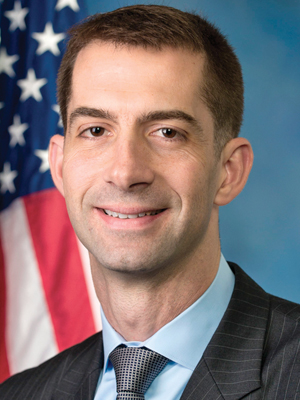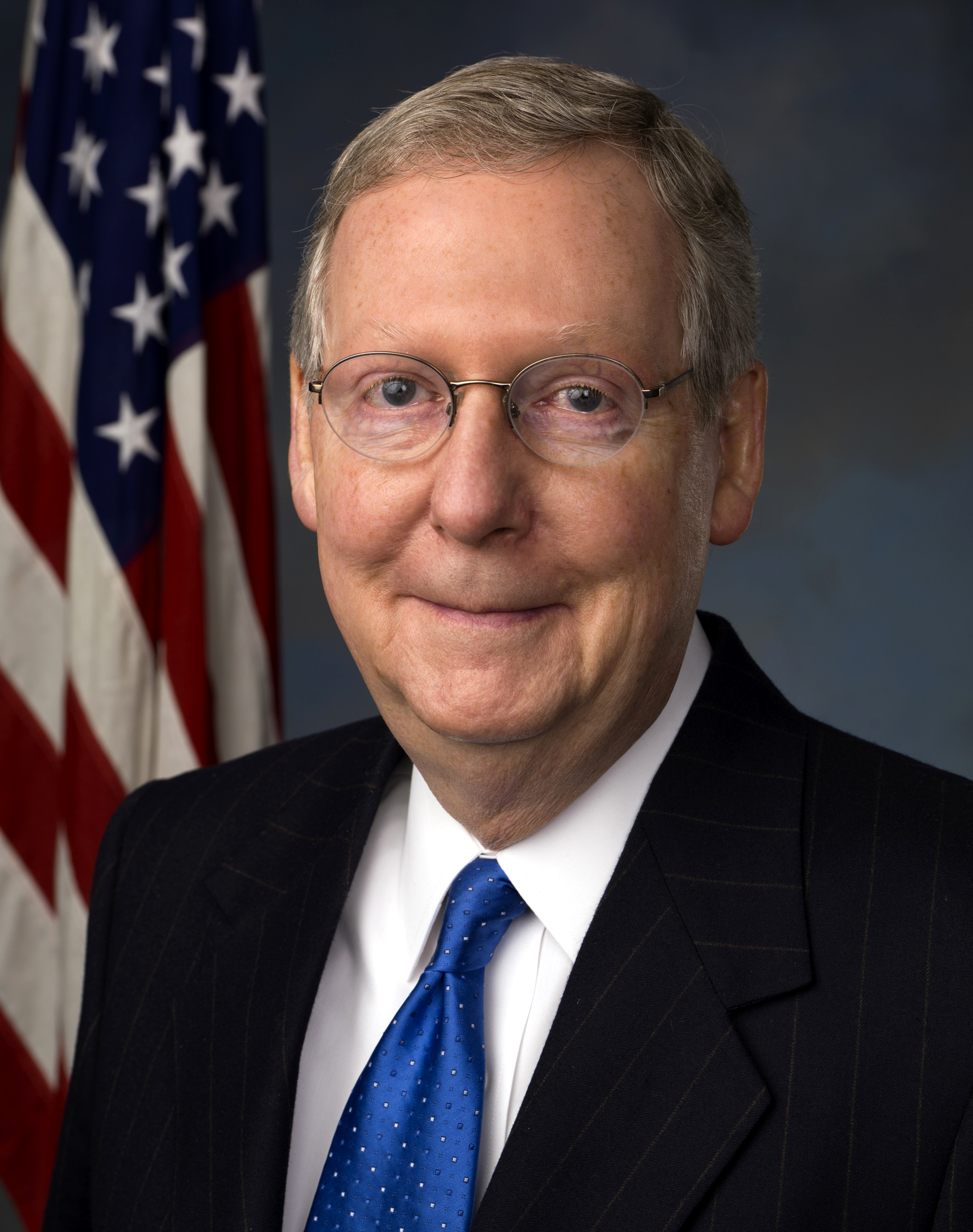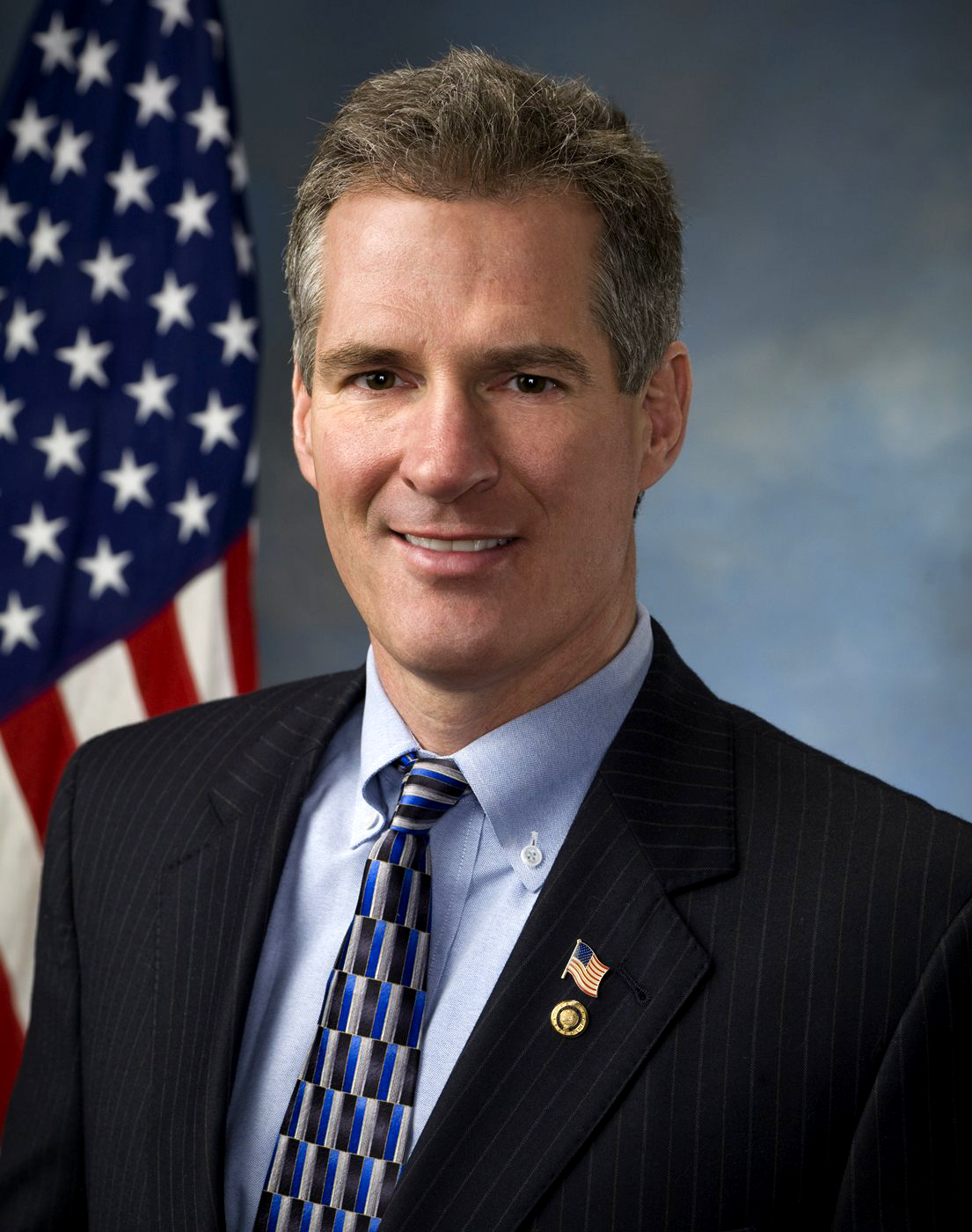Now it's my turn.
Looking over Real Clear Politics, the above mentioned polls and pundits, plus prior knowledge of political races, statistics, and outcomes, I predict the following outcomes for the US Senate races tomorrow:
The Obvious GOP Pick-ups
 |
| Shelley Moore Capito |
West Virginia: Shelley Moore Capito
The long-standing Congresswoman was a sure winner the moment she announced her intentions to run. This race received very little attention precisely because the outcome was practically ordained from the GOP nomination. Her challenger has tried her hardest to run against Obama and the Democratic label, but West Virginia has gone from blue to red in the last three Presidential cycles, and Capito's win will all but cap this crimson tide. Expect Joe Manchin to flip and join the Republican Party after the next US Senate is sworn in on January, 2015.
 |
| Steve Daines |
Montana: Steve Daines
The at-large house rep picked up this seat in 2012, even though his prior colleague Denny Rehberg's chances fell to unseat US Senate Democrat John Tester that same year. This time, with no President at the top of the ticket, plus a miserable Democratic brand to protect, House Rep. Daines had nothing but momentum behind his run. Fearing the loss of this seat, Obama moved for incumbent Max Baucus to become Ambassador to China, then replaced him with military man John Walsh. Following unsettling allegations that he plagiarized his Masters Thesis, then dubiously claimed PTSD as an excuse, a shameful statement. Walsh stepped down from the race, and Big Sky Democrats were stuck with an ultra-leftist state senator, Amanda Curtis, with a ring in her noise and a flair for YouTube extremism. In many respects, Daines hardly needed to campaign.
 |
| Mike Rounds |
South Dakota: Mike Rounds
Mike Rounds faced a Republican-turned-Independent challenger as well as a Democrat. The race was a clear Republican pick-up until some rumblings about the former South Dakota governor's record surfaced. Then the Democratic candidate came out against Harry Reid as the next majority leader, and clearly the seat returned back to Rounds, with a double-digit advantage
The Solid Gains
Unlike the certain wins listed above, these two races featured embattled Democratic incumbents slightly ahead of their Republican challengers early on. Yet these red state demographics proved their true political colors very quickly, and the conservative challengers ended up polling steadily ahead of the Democrats.
 |
Democratic incumbent Mark Pryor knew that he would have an uphill fight facing his 2014 reelection chances. His strong family pedigree and name ID have kept him closer to his Republican challenger, unlike Democrat Blanche Lincoln who would lose by twenty points in 2010. Still, the Democratic Party brand is in terrible shape, the state's demographics have shifted Republican, including a GOP governor and four house seats. Democrats are a thing of the past in this once solid D state. Cotton is riding steady momentum for the win in a contest which even Democratic pollster Joe Trippi acknowledged was a losing one for Pryor.
 |
| Dan Sullivan |
The Toss-Ups now Face Up
 |
| Cory Gardner |
Colorado: Cory Gardner
In one of the smartest-run campaigns of the 2014 cycle, House Rep Cory Gardner switched placed with the 2010 Tea Party candidate Ken Buck, who would run for the House. Gardner pulled a strong and quiet upswing in the Centennial State, taking strong stances in each debate. Incumbent Mark Udall gaffed repeatedly, and invited ridicule from debate audiences when he claimed that he was the Senator whom President Obama feared the most.
Gardner's lead has broken away from Udall in more recent polls, and the last ten showed Gardner with the lead. Early voting has already indicated that Gardner will garner the seat.
 |
| Joni Ernst |
Iowa: Joni Ernst
What Ronald Reagan had done in 1980, Iowa state senator Joni Ernst accomplished following the heavy GOP primary to replace liberal Democrat Tom Harkin. Receiving the endorsements of National security groups, the Chamber of Commerce, and the Tea Party, Ernst won a decisive victory to challenge tone-deaf attorney Bruce Braley. Polling showed her gaining the edge then surpassing the Democratic Congressman. Even liberal outlets are acknowledge that Ernst will win in Iowa. Her innovative commercials, grassroots appeal, and strong record as an active member of the National Guard and state legislature combined to a well-rounded candidate taking in all necessary metrics to win the seat.
 |
| Mitch McConnell |
Yes, he was unpopular. Yes, he got tagged with the Obstructionist label frequently. Despite these negatives, McConnell is a savvy, in-depth politician who pays attention to local and state politics as well as the federal give-in-take of Washington dealings. He raised huge sums of money to crush a Tea Party allied challenger. Staging key appearance at CPAC, gun in hand, as well as positioning his liberal opponent Alison Grimes in lock-step with deeply unpopular President Obama, McConnell took a weak yet steady lead over his opponent into long-term success. His lasting power even put out the Democratic Senatorial Campaign Committee to pull funding from their gaffe-prone candidate, who would not even admit whether she had voted for Obama.
GOP Run-Off Runaways
 |
| Bill Cassidy |
Yes, there will be a run-off in Louisiana, as there are two prominent Republicans taking on Mary Landrieu, as she faces the fight of her life. She has already shamed Louisiana voters, claiming that their sexism and racism define why she and President Obama are so unpopular in the Pelican State. She has polled consistently behind Cassidy, yet the numbers fall within the margins of error. Expect a December run-off, in which the divided Republican vote will fall behind Cassidy.
 |
| David Perdue |
After Saxby Chambliss announced his retirement in 2013, the pundits and prognosticators tried to hype up the drama in an otherwise guaranteed GOP Senate race. Columnists' short memory about Georgia politics caused them to neglect that Chambliss had won reelection in 2008 in a run-off, and thus a similar outcome this year was highly probably. Democratic candidate Michelle Nunn may be hoping for a run-off to prolong her chances, but she will only delay the inevitable. Libertarian supporters will settle for Republican David Perdue in January, by which time the Republican-led US Senate will have convened, assigned committee assignment, and begun drafting key reforms on taxes, immigration, foreign policy, and energy.
Dead Heat
 |
| Scott Brown |
New Hampshire: Scott Brown
Brown took a risk leaving his native Massachusetts for the Granite State in a potential Senate bid. One Republican lawmaker stepped out of retirement just to ensure that Brown did not get a Republican nomination in an adopted state. Despite initial rejection and frustration from New Hampshire conservatives, Brown prevailed in the primary, and his double-digit deficit against incumbent Shaheen suddenly disappeared to a dead-heat within weeks. As the former US Senator seeking another term hammered his liberal challenger for supporting amnesty, Obamacare, and Obama in general, the race tightened ever closer. This momentum suggests very strongly that Brown will achieve another upset this election year, similar to his surprising win against Massachusetts Attorney General Martha Coakley in 2010 to replace Ted Kennedy.
 |
| Kay Hagan |
Statewide, Republicans did exceedingly well in 2012, despite a weak national standard bearer, Mitt Romney. Pat McCrory learned from his 2008 failures and won the governor's seat by double digits. Republicans also secured supermajorities in the state legislature. Sweeping conservative reforms in life, taxes, and other domestic policies established a controversial tone around the Republican brand in the state. The legislature became very unpopular following mishandled education reforms, which failed to stop the shedding of quality teachers to other states.
Speaker of the House Thom Tillis did not distance himself from these failures, and voters more upset with Raleigh than Washington have favored incumbent Kay Hagan by a consistent yet slim margin for months. Even though a dead heat now defines the contest, Hagan's long-standing advantage, however slight, over Tillis assures that she will get another term in Washington.
GOP Lost Opportunity
 |
| Gary Peters |
Michigan: Gary Peters
Congressman Gary Peters threatened to take TV broadcast licenses away. This Congressman had ignored then intimidated a constituent dying from leukemia. He is the same politician who fudged his record of military service, and yet he will be the next US Senator from Michigan. Former Secretary of State Terri Lynn Land was an impeccable candidate. Statewide name recognition and record, with smart TV ads mocking Peters' "War on Women" jabs, Land never capitalized on the negative momentum against Democrats to win the senate seat.
Republicans failed to build on Governor Rick Snynder's momentum behind tax reform, economic growth, and right-to-work reforms. The governor's latest controversial policy may have galvanized Democratic interest groups strongly enough to beat back a Republican challenger for the senate seat, too.
GOP Loss
| Greg Orman |
Kansas: Greg Orman
There is just no nice way to put this. Republicans really fumbled this otherwise easy win. No incumbent can take his seat for granted, including Pat Roberts. Much like Indiana's Richard Lugar, Roberts had aligned himself with Washington, yet forgot about Wichita. Lacking personality or a record of accomplishment, plus an otherwise weak finish over Tea Party challenger Mike Wolf, Roberts did not prepare for a long fight, as McConnell did and Utah's Orrin Hatch had done in 2012.
Greg Orman, a liberal Independent refusing to tell which side he will play on in Washington, most likely made a backroom deal with Democrats in Washington, who in turn convinced their US Senate candidate to drop out. Republican governor Sam Brownback is deeply unpopular in the Sunflower State, too, which has hurt Roberts' reelection chances. Despite recent polling which has placed Roberts within the margin of error, I do not see the embattled incumbent rising above the negative political storm swirling around his campaign.
For Election 2014, I predict for the GOP a net gain of eight seats in the US Senate. The Obama-Democrat-Liberal-Progressive agenda has fallen apart under its overweening government overreach. The Obama Administration has become a cacophony of incompetence, even with a fawning media class which has propped his successes while downplaying or ignoring his many failures, along with severe lapses in political judgment and record of scandal. Democrats who run from Obama expose their ambitious venality and vacated cowardice, unable to inspire their base while alienating independents and emboldening Republicans to vote for their challengers.
Worse that 2006 for Bush and the GOP, President Obama has dragged down his party. Organizing for Action cannot raise the spirits or enthusiasm of low-information, sporadic voters who flocked to the polls out of sheer novelty. Hispanic amnesty advocates are fed up. Health care providers and clients are outraged over their rising premiums and diminished access. Working-class Democrats fear the competition of cheap labor meeting a porous border, and the national as a whole is deeply troubled by a foreign policy in dangerous disarray in the Middle East.
Voters may not like the Republican Party right now, but they despise the President and his loyal Democratic legislators even more. 2014 will be another wave election for the GOP, comparable if not greater than 2010.
I was sadly wrong about New Hampshire and Scott Brown. I was gladly wrong about Kansas and North Carolina, and Virginia!
ReplyDelete